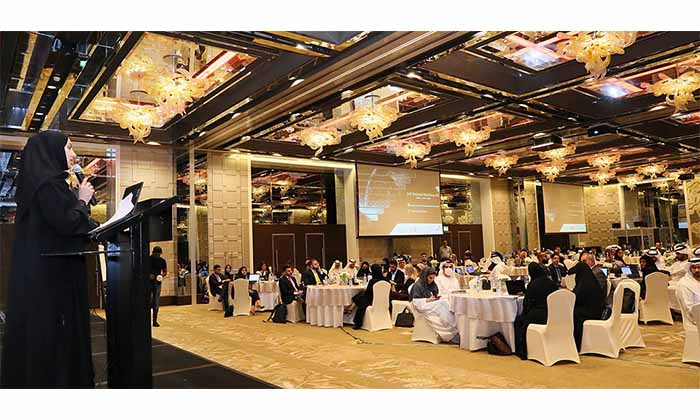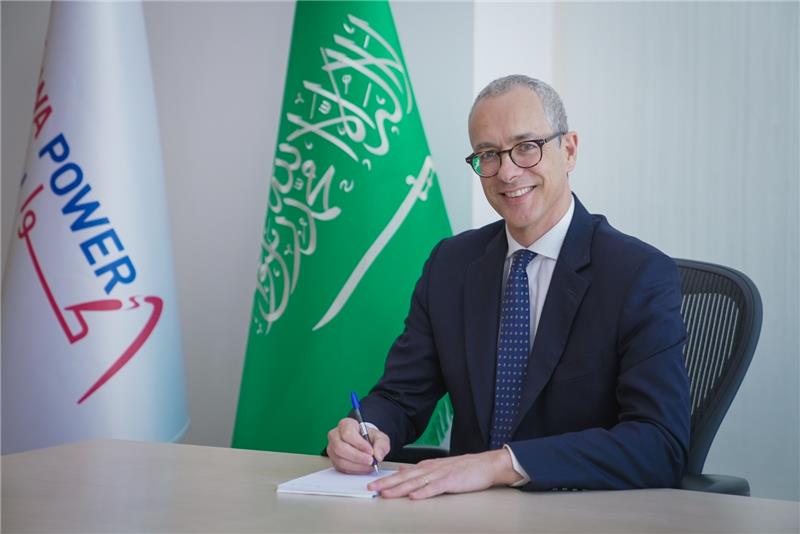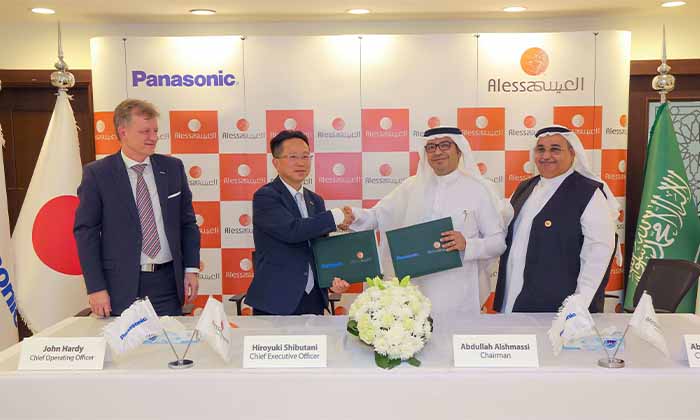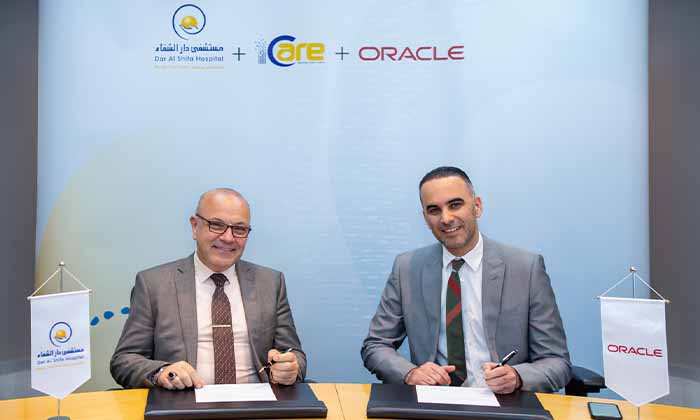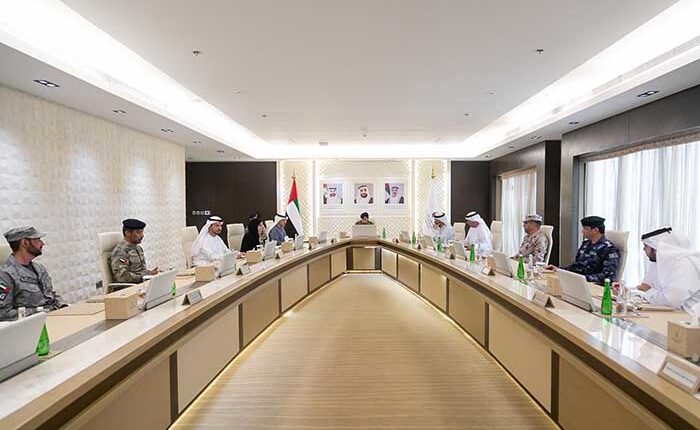Session discusses analysis of money laundering risks, supervision & inspection, enforcement actions, penalties & grievance mechanism
The Ministry of Economy, represented by the Anti-Money Laundering & Countering of the Financing of Terrorism (AML/CFT) department, held a two-day workshop recently in collaboration with the Securities and Commodities Authority, to promote cooperation and the exchange of expertise in anti-money laundering and combatting the financing of terrorism in the UAE.
H.E. Abdullah Al Saleh, Undersecretary of the Ministry of Economy, said: “The organization of this workshop falls in line with the Ministry’s commitment to enhancing its team’s readiness and competencies by periodically upskilling them and building a strong compliance culture within the UAE’s economic and financial ecosystem. This will contribute to the implementation of the highest standards of integrity and transparency and tackling improper financial practices in the business sector.”
Dr. Maryam Buti AL Suwaidi, CEO of the Securities and Commodities Authority, highlighted the session’s importance in raising awareness and enhancing coordination among AML/CFT technical teams. She added that the joint efforts by the Ministry of Economy and the Authority will continue, in order to identify emerging risks and ensure alignment with the country’s AML/CFT legal and supervisory framework. She pointed out that the hosting of such workshops has a great impact on the business environment in the UAE.
Safeya Al Safi, Director of the Anti-Money Laundering Department at the Ministry of Economy, said: “Through collaboration with local and global strategic partners, the Ministry aims to increase the efficiency of the UAE’s AML/CFT system by implementing best practices and procedures, and ensuring high level of compliance and adherence to international requirements, thus promoting our national economy’s position at the regional and global levels.”
The workshop covered several key topics focusing on the practices implemented in the assessment of money laundering risks and supervision and inspection mechanisms, as well as AML procedures and systems, enforcement actions, imposition of punitive measures, grievance mechanism, and corrective measures that are currently being followed.
